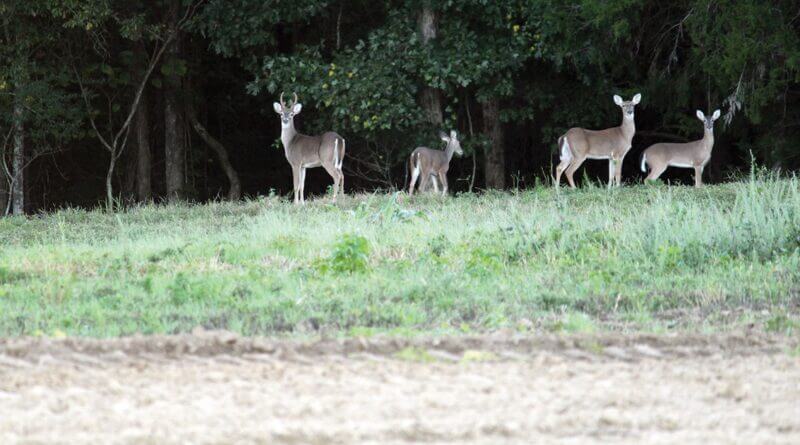Chronic Wasting Disease Confirmed Near Tippah County — Hunters Urged to Test Harvested Deer
RIPLEY, Miss. – Chronic wasting disease (CWD) continues to spread in Mississippi’s deer population, and wildlife officials say Tippah County hunters should take proactive steps as the disease approaches the county line.
From July 2024 to June 2025, the Mississippi Department of Wildlife, Fisheries, and Parks (MDWFP) confirmed 128 deer positive for CWD statewide, up from 110 cases the previous year. Since July 2018, more than 58,800 deer have been tested, with 446 positive results.
While Tippah County has not yet reported a confirmed CWD case, neighboring Union County was added to the list of infected counties in 2025, joining Benton and Marshall counties—both known hotspots for the disease and directly bordering Tippah.
“The highest prevalence area is in Benton and Marshall counties along the Tennessee line,” said Jacob Dykes, wildlife specialist with the Mississippi State University Extension Service. “This is part of a larger regional outbreak covering multiple states.”
What is CWD?
CWD is a 100% fatal neurological disease affecting white-tailed deer, elk, and moose. It spreads through saliva, urine, feces, and contaminated environments. While there’s no evidence it can infect humans, the CDC recommends never eating meat from an infected deer. Deer often appear healthy until the disease’s late stages, making testing essential.
Free CWD Testing Near Tippah County
MDWFP provides free CWD testing through drop-off freezer stations and participating taxidermists. Hunters in Tippah County—especially those hunting near the Benton, Union, or Marshall county lines—are strongly encouraged to use these locations:
- Benton County Drop Box – Location details here on MDWFP site
- Union County Drop Box – Location details here
- Marshall County Drop Box – Location details here
Results are usually available within two to three weeks outside peak hunting season.
How Tippah County Hunters Can Help Stop the Spread
Wildlife officials recommend several proactive steps to protect Tippah County’s deer herd:
- Avoid deer feeders and mineral licks, which increase the chance of transmission.
- Harvest more bucks and maintain doe harvest levels to reduce deer density.
- Limit carcass movement from known CWD-positive areas.
Hunters within three miles of a confirmed CWD case—such as parts of Benton or Union counties—may qualify for the CWD Deer Management Assistance Program (DMAP). This program allows unlimited harvest of either sex during any open season with no weapon restrictions. Deer taken under DMAP are tested for CWD and do not count toward bag limits.
Early Action is Key
Even in counties without confirmed cases, officials stress that CWD could already be present but undetected.
“The disease is always beyond the farthest known location,” said Kamen Campbell, MDWFP assistant deer program coordinator. “Stopping feeding and limiting carcass movement can make a difference before the disease becomes established.”
For more information on CWD in Mississippi and to find your nearest testing drop box, visit the MDWFP Chronic Wasting Disease page.
Related:
- Tippah County Hunting Season Dates & Regulations
- Latest Mississippi Outdoors News
- Benton County Confirmed as CWD Hotspot






